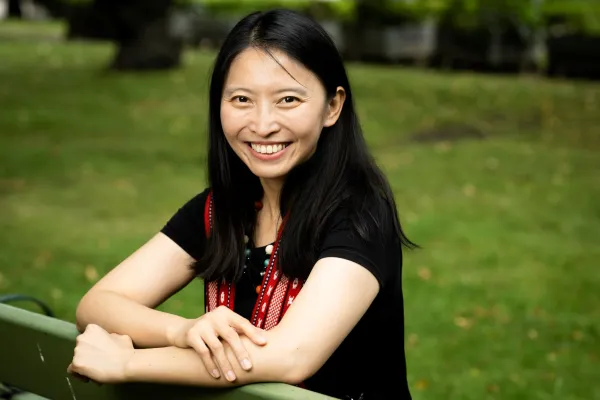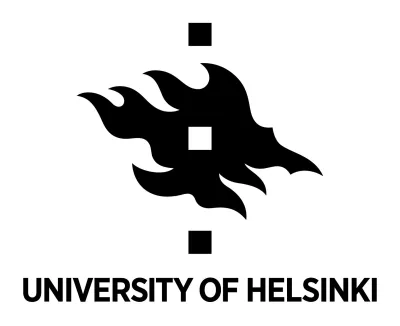Finland

Wasiq Silan
Wasiq Silan received her Ph.D. from the University of Helsinki in 2021. Her work engages with Taiwan’s social policy and the Tayal elders, grounded in interpretive policy analysis and critical ethnography while drawing from Indigenous methodologies. Silan was a core fellow at the Helsinki Collegium for Advanced Studies in 2022–2024. For shared interest of migration and decoloniality, she is affiliated with the Centre for Research on Ethnic Relations and Nationalism (CEREN) at the University of Helsinki; for enhancing indigenous perspectives, she is part of the Indigenous Voices (IVO) research group at The Arctic University of Norway. Last but not least, for a shared interest of promoting social justice and decolonization of knowledge, she is participating in the International School of Radical Relationism. She has participated in the UN Permanent Forum on Indigenous Issues (UNPFII) multiple times in the past decade, and she presented and facilitated the substantial participation of Indigenous delegates from Taiwan.
Wasiq Silan’s project is an interdisciplinary research proposition based on international collaboration that is acutely needed in the ageing world. It is a resistance against the ubiquity that ageing is a “silver tsunami” and a mere functional impairment. It invites us to envision aging as a progressive enrichment through engaging Indigenous Elders. Silan’s project aims to expand the conceptualization of what is commonly understood as aging and care for Indigenous Elders. It examines how Indigenous older women understand the meaning of care in the context of relationships in two Indigenous territories, namely Finland and Taiwan. The project has two objectives. First, it aims to cultivate a more robust recognition of Indigenous rights in Finland and Taiwan. The two cases provide a better understanding of the contemporary state-Indigenous relationship through care. The second objective is linked to theory-building at the intersection of indigeneity and gender. This research challenges the common conception of aging by focusing on Indigenous women’s experience of care and enhances an alternative discourse that enables the Indigenous older women to be the subjects of the knowledge it creates rather than the objects.
Aging and care; indigeneity; indigenous sovereignty
